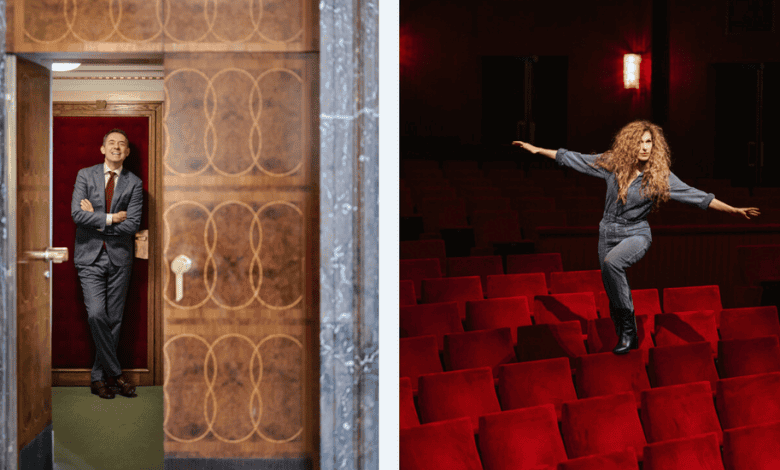When Vienna’s Opera Tradition Got Too Traditional, They Stepped In

In a rehearsal studio built on the grounds of old military barracks outside Vienna’s city center one recent morning, the director Barrie Kosky was asking for a touch of vaudeville.
He was working on his new production of Mozart’s “Così Fan Tutte,” which opens at the Vienna State Opera on June 16, and was running through a scene with Kate Lindsey and Christopher Maltman, the singers playing the scheming Despina and Don Alfonso.
While Kosky demonstrated a bit of physical comedy, Bogdan Roscic, the general director of the State Opera, walked into the room, and read Mozart’s score over the shoulder of the rehearsal pianist. Once they were finished, he walked over to Kosky.
“Your fabulousness,” Roscic said, addressing him. “Are the taxpayers getting their money’s worth?”
Roscic was joking, of course; his job is to hire directors for their value as artists, not as public utilities. But his question wasn’t crazy. In Vienna, as in much of Europe, opera receives substantial government support, and the leaders of houses are chosen by politicians. If, in the United States, arts administrators like to talk about their work as a civic duty, in Vienna, it absolutely is.
And Vienna is one of the busiest opera destinations in the world. Tourists plan entire trips around the storied, immense State Opera. Not far away, the Volksoper has long offered more varied fare, including musicals and operettas.
Such a rich history, though, can be double-edged. In recent decades, the State Opera and the Volksoper, both repertory houses that present a head-spinning number of titles per season, developed reputations as stagnating under the weight of their traditions. At the State Opera this century, the average age of viewers began to increase by one year each year, suggesting that the audience wasn’t changing. It was just getting terminally older.